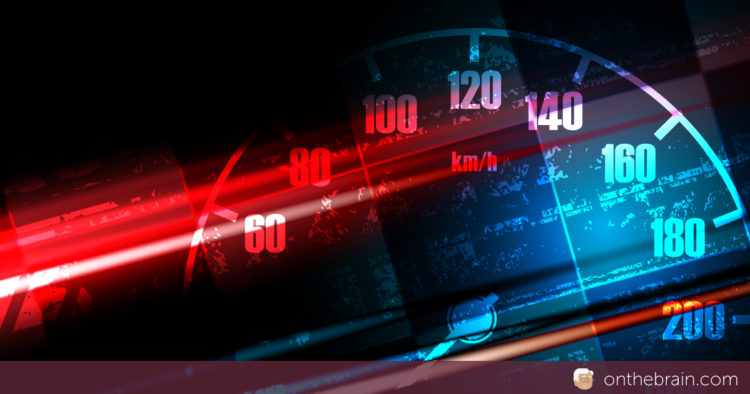What is wrong with American schools? Part 2
There are too many answers to this question, and in a sense, THAT’S what’s wrong. I used this ‘headline’ as a cheap trick to get you to read my little story. I have a specific partial answer to this question in mind, which I would like to present to you by way of a little…







